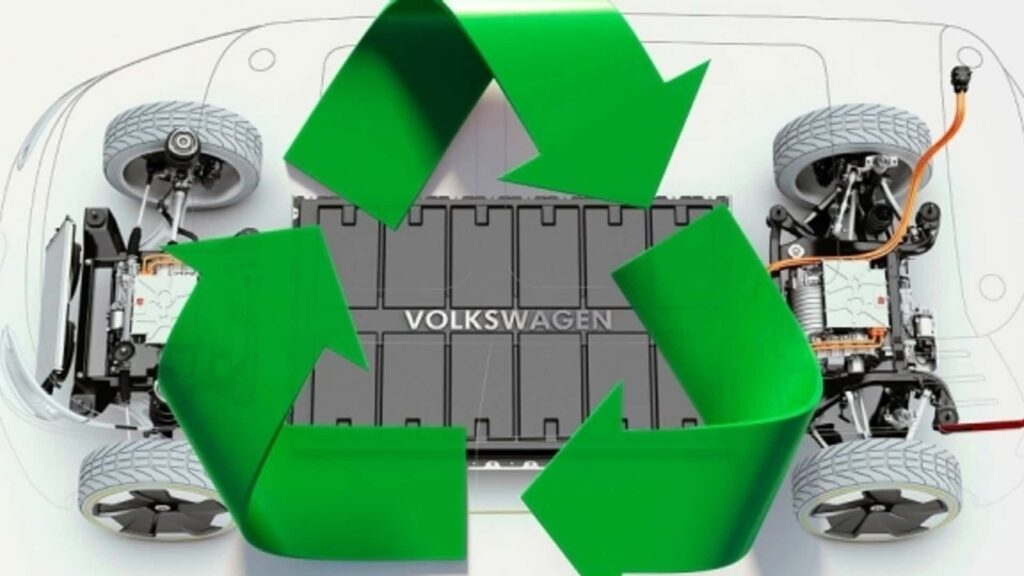Chinese researchers have made a groundbreaking discovery in the field of battery recycling, finding a way to extract nearly 100% of the lithium from a dead battery for reuse. This breakthrough not only reduces costs and speeds up the recycling process but also prevents harmful byproducts from spilling into the environment.
The researchers utilized a special technique known as “neutral leaching” to extract 99.99% of the lithium, along with 97% of the nickel, 92% of the cobalt, and 91% of the manganese from a used battery. Traditional extraction methods using amino acids were deemed unsafe and potentially harmful to the environment, prompting the researchers to explore alternative solutions.
By using a neutral solution instead of harsh chemicals, the researchers were able to make the recycling process safer and more eco-friendly. This new approach not only saves time, with extraction taking just 15 minutes, but also reduces the risk of producing harmful byproducts. The use of a simpler amino acid called “glycine” further enhanced the efficiency of lithium extraction, while a special process prevented any additional chemical reactions.
The study, published in the German academic journal Angewandte Chemie, was conducted by multiple Chinese universities, including Central South University in Changsha, Guizhou Normal University, and the National Engineering Research Center of Advanced Energy Storage Materials. This innovative recycling method could potentially revolutionize the battery recycling industry, paving the way for billions of dollars in revenue over the years.
In the United States, the battery recycling industry is also experiencing significant growth, with the Department of Energy recently finalizing a $475 million loan to Li-Cycle for a factory in upstate New York. Additionally, Redwood Materials, led by former Tesla executive JB Straubel, received a conditional loan of $2 billion for a plant in Nevada, while Ascend Elements secured a $480 million grant for a factory in Kentucky.
Despite uncertainties surrounding government support for the industry, the battery recycling market is expected to continue expanding due to the increasing demand for electric vehicles and other battery-powered applications. The potential benefits of recycling batteries, including reduced costs and environmental impact, make it a lucrative opportunity for investors and manufacturers alike.
As the EV industry continues to evolve, advancements in battery recycling technology will play a crucial role in ensuring sustainability and reducing waste. With ongoing research and development efforts, the future of battery recycling looks promising, offering a viable solution to the growing challenge of end-of-life battery disposal.

